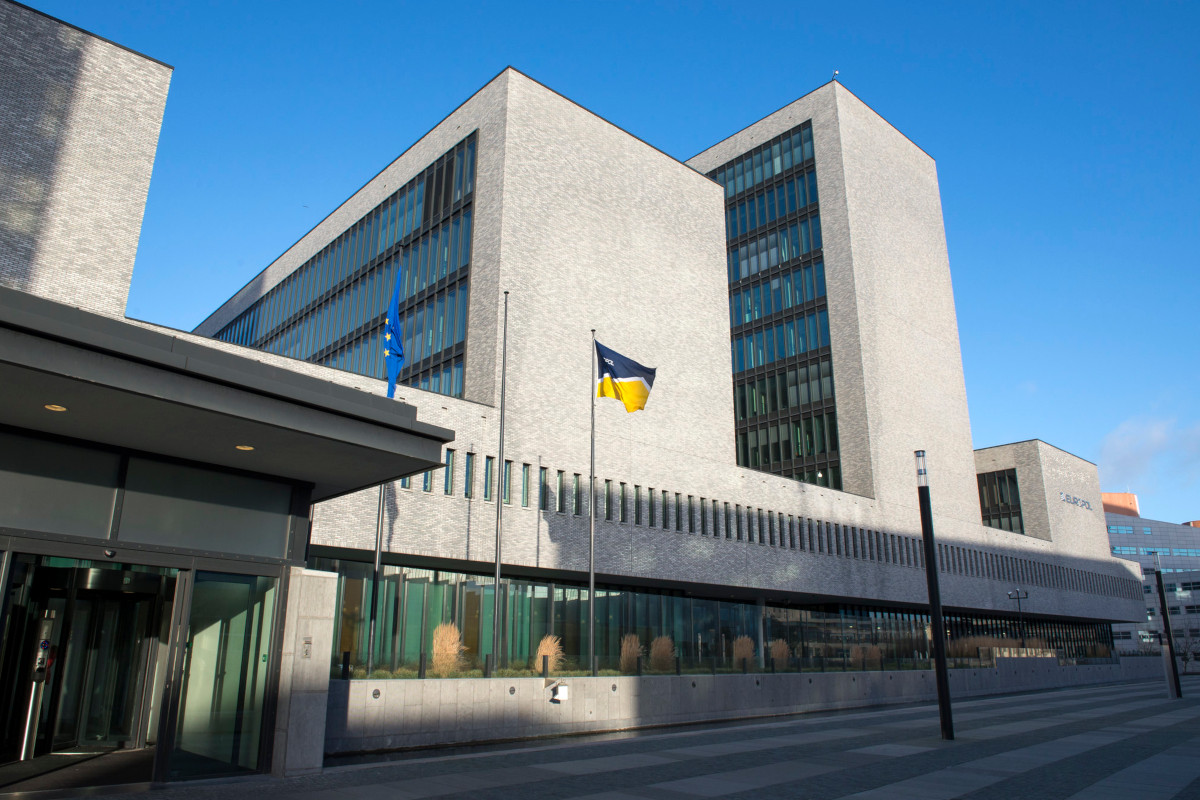April

Interviews: Transnational action in support of upcoming referendum on Switzerland's funding for Frontex
To find out more about the Abolish Frontex! network and the upcoming Swiss referendum on whether the country should increase its financial contributions to the EU border agency, we spoke to Luisa Izuzquiza of Frag den Staat and Abolish Frontex! and to Lorenz Nagel, a member of Watch the Med/AlarmPhone and the Migrant Solidarity Network that proposed and campaigned for the Swiss referendum.

Spain and Morocco renew security cooperation agreement linking organised crime and "irregular" immigration
Translation of a statement published by Migreurop and EuroMed Rights regarding the recent agreement between Spain and Morocco, which "anchors migration in a logic of securitisation, which can only lead to more rights violations at the borders." Statewatch is a member of Migreurop.

EU counter-terror shopping list: sanctions against “radical rhetoric”, intelligence agencies in asylum proceedings
The Council of the EU is moving ahead with plans to allow the use of financial sanctions against "individual or entities promoting radicalisation and violent extremism that may lead to terrorism" within the EU, as part of wide-ranging conclusions on counter-terrorism that seek to promote cooperation between asylum authorities and intelligence agencies, and reassert the need for mass data retention and action against encryption.

EU: Frontex: equipment requirements for 2023 include “lethal and non-lethal weapons”
Management board decision adopting rules relating to technical equipment, including minimum number of items of technical equipment (MNITE) and the rapid reaction equipment pool (RREP) outlines the agency’s equipment needs and selection criteria, with equipment provided by member states to be used “as a last resort”.

EU: e-Privacy: Council proposed amended mandate whilst in negotiations with Parliament
A proposed EU e-Privacy Regulation is intended to complement rules in the General Data Protection Regulation, by setting out a specific privacy framework for electronic communications. It will replace the 2002 e-Privacy Directive. The Council and the European Parliament are in the midst of secret 'trilogue' negotiations. Documents published here show that the Council Presidency sought to change its negotiating mandate during those negotiations, with the aim of reaching an agreement with the Parliament.

UK: Open letter to the Prime Minister and Home Secretary about plans to send people seeking asylum to Rwanda
Statewatch has joined more than 150 other human rights groups, charities and civil society organisations calling on the UK government to scrap the plan to send asylum-seekers who arrive in the UK by crossing the Channel in small boats to Rwanda to have their claims processed.

EU: Europol and the Schengen Information System: new powers to propose "information alerts"
Europol will soon have the possibility to propose that EU member states enter "information alerts" on foreign nationals in the Schengen Information System law enforcement database, with a new law that is awaiting the approval of the Council and the Parliament.

EU: Policing: France proposes massive EU-wide DNA sweep, automated exchange of facial images
The French Presidency of the Council is seeking EU-wide comparisons of every DNA profile held by police forces against all those held by other national police forces, as well as EU policing agency Europol, as part of plans to upgrade the ‘Prüm’ network of police databases. It also hopes to automate the police exchange of facial images by eliminating requirements for human review.

EU: Biometric borders: half the member states see "high risks" for Entry/Exit System plans
Half of the EU's member states "foresee high risks" for the plan to have the biometric Entry/Exit System (EES) border crossing database up and running by the end of September this year, citing problems with testing, procurement, training and the adaptation of border infrastructure.

EU: AI Act: Plans to loosen controls on law enforcement use of artificial intelligence
The French Presidency is aiming to loosen restrictions on law enforcement use of "artificial intelligence" technology, with a proposal circulated earlier this week to modify certain provisions in the Commission's proposal. The proposed changes would make it easier to deploy mass biometric surveillance technology in public, and significantly reduce the transparency obligations placed upon the authorities, amongst other things.

EU: Tracking the Pact: Tunisia refuses cooperation with Frontex but will set up an "integrated border surveillance" system
A revised version of the EU's plan for migration cooperation with Tunisia contains a number of updates to the previous versions. It is clear that the North African country, which is in the midst of a wave of protests and a democratic crisis, continues to refuse to cooperate with Frontex - but the provision of millions of euros for an "integrated border surveillance and coastal communication system" is still going ahead. More money is also being provided, with the aim of targeting "young Tunisians prone to migration”.
Spotted an error? If you've spotted a problem with this page, just click once to let us know.